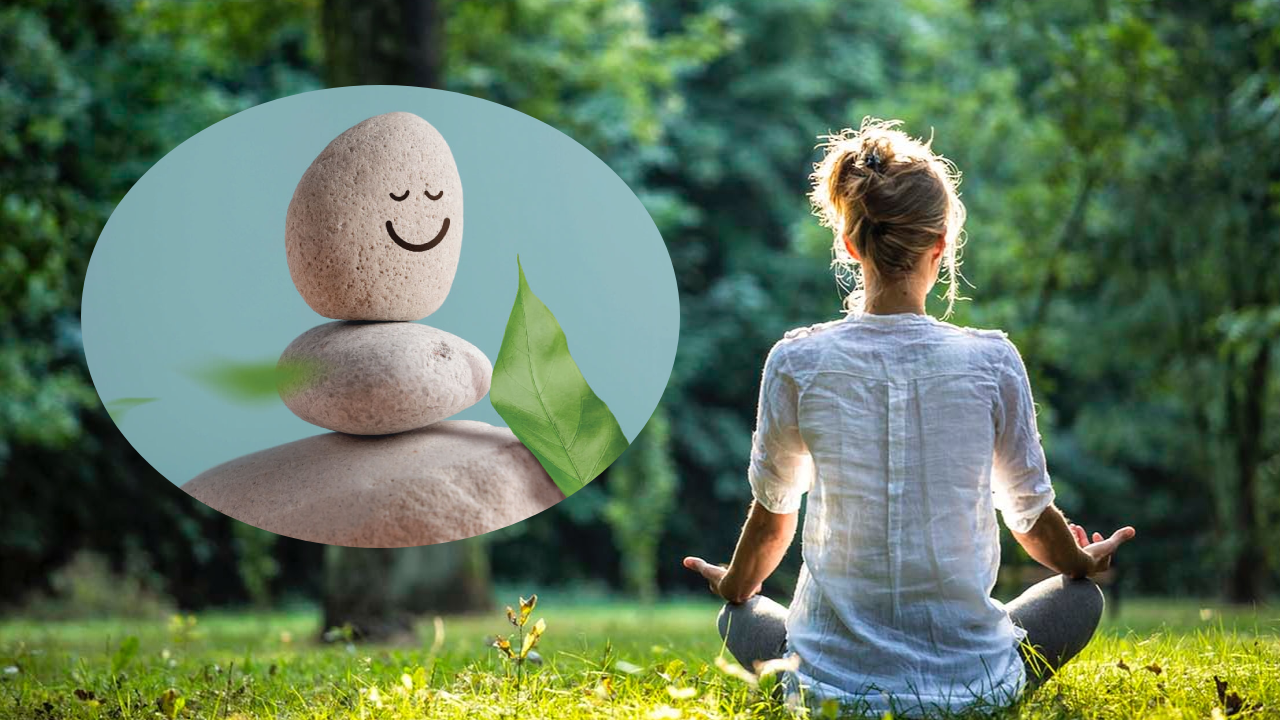With increasing pressure from work, personal life, and societal demands, it’s easy to feel overwhelmed and disconnected. While there are numerous strategies for managing stress, from meditation to exercise, one often-overlooked remedy is simply spending time in nature.
The human connection to nature is ancient. Our ancestors lived in close contact with the environment, relying on the natural world for sustenance and shelter. Today, while many people live in urban environments, the need for nature remains hardwired in our brains. This is why time spent in green spaces has been shown to offer profound mental health benefits, including a reduction in stress levels.
Stress, by definition, is the body’s response to challenging or threatening situations. This response triggers the release of hormones such as cortisol, which prepares the body for a “fight or flight” reaction. While this mechanism is essential for survival in short bursts, chronic stress can lead to a range of health problems, including anxiety, depression, and cardiovascular disease. Nature has a unique ability to interrupt this cycle and promote relaxation.
Table of Contents
Scientific Evidence Supporting Nature’s Stress-Reducing Benefits

Several studies support the idea that spending time in nature has tangible stress-relieving effects. A landmark study published in Environmental Health Perspectives in 2019 found that individuals who spent at least two hours per week in natural environments reported better health and well-being compared to those who did not. The results held regardless of whether participants spent their time in parks, forests, or coastal areas. Researchers believe this two-hour benchmark is an achievable target for most people, and the benefits can be immediate and long-lasting.
One of the most fascinating aspects of this research is the physiological changes that occur when we spend time outdoors. Exposure to nature has been shown to lower blood pressure, reduce heart rate, and decrease levels of cortisol, the primary stress hormone. In a study conducted by the University of Exeter, participants who spent time walking in natural environments had lower cortisol levels than those who walked in urban settings. This suggests that the environment itself plays a critical role in the body’s stress response.
Nature and the Mind: Cognitive Benefits
It’s not just our physical bodies that benefit from time spent outdoors; our minds do, too. Cognitive restoration is one of the most well-documented psychological effects of nature. Urban environments, with their constant stimulation, traffic, and noise, can lead to mental fatigue. The brain is required to focus on various stimuli simultaneously, which can deplete cognitive resources.
In contrast, natural environments are often more restorative. They offer a kind of “soft fascination,” where attention is engaged but not in an overwhelming way. This allows the brain to recover from the fatigue caused by overstimulation in urban settings. Studies from the University of Michigan have shown that walking in nature can improve cognitive function, increase attention span, and reduce symptoms of mental fatigue.

Additionally, spending time in nature can enhance creativity and problem-solving skills. In a 2012 study by the University of Kansas, participants who spent time immersed in nature for several days showed a 50% improvement in creative problem-solving tasks. This cognitive boost is likely a result of both reduced stress and the calming, meditative effect that natural environments can have on the brain.
Nature Therapy: Forest Bathing and Ecotherapy
In recent years, the practice of “forest bathing,” or Shinrin-yoku, has gained popularity in Japan and around the world. This form of nature therapy involves spending mindful, intentional time in a forest, taking in the sights, sounds, and smells of the natural environment. Studies on Shinrin-yoku have found that it can significantly lower levels of cortisol, reduce feelings of anxiety, and improve mood.
A 2010 study by Dr. Qing Li, one of the leading researchers in forest medicine, found that participants who engaged in forest bathing experienced lower blood pressure, improved heart rate variability, and a reduction in stress hormones. These benefits were not just short-term but lasted for days after the experience. Li’s research has helped to bring attention to the therapeutic potential of spending time in natural environments.

Ecotherapy, another form of nature-based therapy, involves engaging with nature in a more active way, such as gardening, hiking, or participating in outdoor group therapy sessions. Ecotherapy has been shown to alleviate symptoms of depression, anxiety, and PTSD. In a world where mental health conditions are on the rise, these natural interventions offer a valuable complement to traditional therapeutic approaches.
The Role of Green Spaces in Urban Living
For those who live in cities, the idea of escaping to nature might seem daunting. However, green spaces within urban environments can offer similar stress-reducing benefits. Parks, gardens, and riverside walks can provide an oasis of calm in the midst of the urban hustle. A study conducted in 2020 found that even brief exposure to urban green spaces can reduce stress levels. Participants who spent just 20 minutes sitting or walking in a park showed measurable decreases in cortisol levels.
Urban planners are increasingly recognizing the importance of green spaces for public health. Cities like Singapore, often referred to as a “city in a garden,” have integrated nature into their urban planning. Green roofs, tree-lined streets, and numerous public parks offer residents the opportunity to interact with nature daily. This focus on creating accessible natural spaces in urban environments is crucial for promoting well-being and reducing stress.
Nature and Physical Activity

Physical activity is widely recognized as an effective way to manage stress, and when combined with time spent in nature, the benefits are amplified. Outdoor activities like hiking, running, and cycling not only provide exercise but also allow individuals to connect with the natural environment. The fresh air, sunlight, and sensory experiences of being outdoors further enhance the mood-boosting effects of physical activity.
In fact, research suggests that exercising in natural environments, sometimes referred to as “green exercise,” offers greater mental health benefits than exercising indoors. A 2011 study published in Environmental Science & Technology found that people who exercised in natural environments experienced greater reductions in stress and mental fatigue than those who worked out in gyms or other indoor settings.
Outdoor physical activities also promote mindfulness. Whether it’s focusing on the rhythm of your steps during a walk, observing the movement of clouds, or listening to the sound of birds, these moments of mindfulness can further reduce stress and promote a sense of calm.
Disconnecting from Technology
One of the reasons why nature has such a powerful effect on stress is that it provides an opportunity to disconnect from technology. Modern life is dominated by screens—phones, computers, televisions—and this constant connection can contribute to stress and anxiety. The barrage of notifications, emails, and social media updates can leave individuals feeling overwhelmed and mentally drained.
Nature, on the other hand, offers a refuge from the digital world. When we step into a forest, walk along a beach, or sit by a river, we are often freed from the demands of technology. This digital detox allows our minds to rest, which in turn lowers stress levels. Many people find that after spending time in nature, they feel mentally recharged and more present.
⭐ Practical Tips for Incorporating Nature into Daily Life
For those looking to incorporate more nature into their daily routine, there are many simple and effective ways to do so. One of the easiest methods is to take regular walks in local parks or green spaces. Even a 15-minute walk in nature during a lunch break can significantly reduce stress.
For those who have access to gardens or balconies, spending time tending to plants can be another relaxing way to connect with nature. Gardening has been shown to have therapeutic effects, reducing cortisol levels and promoting feelings of accomplishment and well-being.
If outdoor access is limited, bringing elements of nature indoors can also be beneficial. Houseplants, natural light, and nature-inspired decor can create a calming atmosphere in homes and offices, offering a small but meaningful connection to the natural world.
